by UWEC Work Group
Translated by Jennifer Castner
Today marks one year since Russia’s full-scale invasion of Ukraine began. Throughout this time, our working group has been analyzing both the direct and indirect environmental impacts of the war on the environment, on conservation practices, and on environmental activism. To observe this date, we share personal perspectives about the 12-month invasion and the consequences that it has had.
***
“The shock that we experienced a year ago was an earthquake, reverberating in waves around the world. Those who faced actual destruction, those whose houses, gardens, and forests were destroyed, certainly experienced great pain. But the manner in which the international community reacted to the invasion of Ukraine clearly demonstrates that people don’t live in isolation; they are united in a network, in a “global village” of mutual aid and support. And only this can help us cope with the situation.
What have we been doing this year? We are talking about the environmental consequences of the war and are trying to do it as loudly as possible. Our voice is not the only one, and together our appeals have an effect. For instance, last year Ukrainian and international environmental organizations sharply raised the question of an embargo and other limits on Russian fossil fuels. Autocracies built on the sale of extracted resources shouldn’t collect money that they will use to further attack neighboring countries or abuse their own citizens’ human rights. At the same time, plans for Ukraine’s green recovery are not just being actively discussed, but are actually being developed. Battlefields can become the design basis for urban and infrastructure projects that will continue to evolve in harmony with the natural environment.
We spent this year in anticipation of environmental catastrophes: the attack(s) on Zaporizhzhia nuclear power station, the water reservoir release, the destruction of cities and big industrial zones, burning forest fires, tanks, and trenches in the Chornobil region. We continue to live under the threat of a catastrophe that will affect not only Ukraine, but the entire European continent. Meanwhile, the destruction and pollution caused by the invasion are still far from being eliminated, compensated for, or reclaimed. The threat of nuclear terror hasn’t subsided, and combat and shelling prevent us from assessing the full scale of pollution in river basins and seas. Soon, a new forest fire season will be upon us. Our perception of these catastrophes are no longer as intense; we have acclimated to living in the circumstances of a new tragedy. Easing vigilance with respect to these issues is the most dangerous threat.
In the upcoming year, we will continue to analyze and disseminate information regarding the environmental impacts of the invasion. We hope that the fighting in Ukraine will end, and the international community will find a solution so that the war will cease to be a threat and not just be put on pause, as it was before the invasion. In today’s era of climate change, it is important that fear, hatred, and limitless consumption stop being a determining force in the relationship between humans and nature. We must use respect and understanding as the basis of our interactions.”
Alexei Ovchinnikov, editor of UWEC Work Group, based in Georgia.
***
“Russia’s full-scale invasion of Ukraine has had a serious impact on the global climate agenda, and in many ways it has reshaped the entire world’s energy market. The fact that the majority of countries were relying on just a few countries’ energy supplies, (many of those with autocratic or dictatorial political regimes) has made the question of energy security very relevant, especially in the context of energy production based on local renewable sources. The transition from energy systems built on fossil fuels and led by governments and global corporations to systems based on renewable sources and controlled on the basis of democratic solutions, sometimes on a scale of cities or local communities, is now being discussed in many cities and countries around the world. The further negative impacts of the climate crisis that became more visible during the recent year and growing climate risks and damage are making the world contemplate the decarbonization of the economy and transition to carbonless sources as the main priority of global development. At the same time, decarbonization and moving past the use of fossil fuels is an important step on the way to democratization and global security.“
Angelina Davydova, Co-Editor of UWEC Work Group, Berlin-based environment and climate journalist
***
“Against the backdrop of the looming climate crisis, sometimes toxic geopolitical power struggles, and the unhappy anniversary of Russia’s ongoing and criminal war in Ukraine, it is often a struggle to envision a bright future or find joy in day-to-day work. Our UWEC team’s efforts are one place where that remains possible, and I particularly appreciate the shared opportunity to study today’s awful environmental consequences through the lens of a brighter future, with a green and sustainable recovery for Ukraine and beyond.
We must leverage solutions to the environmental consequences of the war and the climate crisis to force meaningful action to save our planet and humanity. Granted, that strategy is a microscopically-thin silver lining of the war in Ukraine, but it is one that we must nurture and grow. We can apply these sustainable natural resource use and greening principles widely: in small communities or the smallest habitats for a single ant species all the way up to regional, national, and international governance and business. We must work alongside Indigenous peoples and local communities – humans with many generations of experience stewarding and healing landscapes and resources – to envision and implement a green recovery for Ukraine and the planet.”
Jennifer Castner, UWEC WG co-editor, translator, director of The Altai Project, based in Michigan USA
***
“Without a doubt, the Russo-Ukrainian war has brought the greatest destruction of Ukraine’s nature over the past 100 years. But destruction is a chance for recovery. Ukraine already has experience in the restoration of the Chornobyl Exclusion Zone. In the 30 years since the largest man-made disaster in history, the radiation-contaminated area has become the largest wild forest in Central Europe.
It is clear that some of the territories (mainly fields) where the most sizable hostilities occurred will be so polluted as to be unsuitable for growing food or supporting human life. In addition, the lands in need of mine removal in Ukraine today already exceed an area the size of Belarus.
But nature will be restored in these territories. That will represent a huge contribution to ending carbon emissions from arable land and increasing sequestration through soil restoration. The scale of this forced recovery could be unprecedented on a global scale and bring Ukraine even greater respect from the world community.”
Oleksii Vasyliuk, UWEC WG expert, Ukrainian Nature Conservation Group leader and co-founder, based in Kyiv, Ukraine
***
“For my whole life, I have been approving of the apolitical nature of my fellow Russian environmental activists – not involving themselves in politics deeper than was necessary for nature conservation and local communities. We joined political protests “only in our free time”. By 2004, as the regime tightened its grip and when there was no air left to breathe, we had to choose between the straight political fight or solving global environmental problems. I left for China, working from there to develop transboundary environmental collaboration. Of course, the top brass in that country were no bowl of cherries either, but I didn’t have a civic urge to overthrow them. I don’t have regrets about my past choices, perhaps because there’s simply no time for such introspection now.
By starting the war, the Russian regime left me no choice but resistance. I see how this imperialist war, born out of colonial exploitation of resources and people, is threatening nature in Ukraine and dozens of other countries and also undermines global climate and environmental cooperation. This is happening at the most critical moment of the relationship between humanity and nature. I am happy that I can participate in this resistance as a professional together with a team of like-minded people. Our future depends on human society’s ability to put survival and a sustainable green future at the forefront of overcoming today’s crisis.”
Eugene Simonov, UWEC expert, Australia-based Foreign Agent of the Ministry of Justice in the Russian Federation
***
“It would be nice if the war also had positive environmental consequences, ones that indirectly contribute to Ukraine’s green recovery and hasten the transition of European countries to renewable energy. I hope that our work will help find the best ways to heal the terrible wounds that the war has inflicted on Ukraine, and that, in turn, the world community will learn some lessons.”
Irina Sukhy, Representative of Ecohome (Belarusian environmental NGO in exile) to UWEC, based in Lithuania


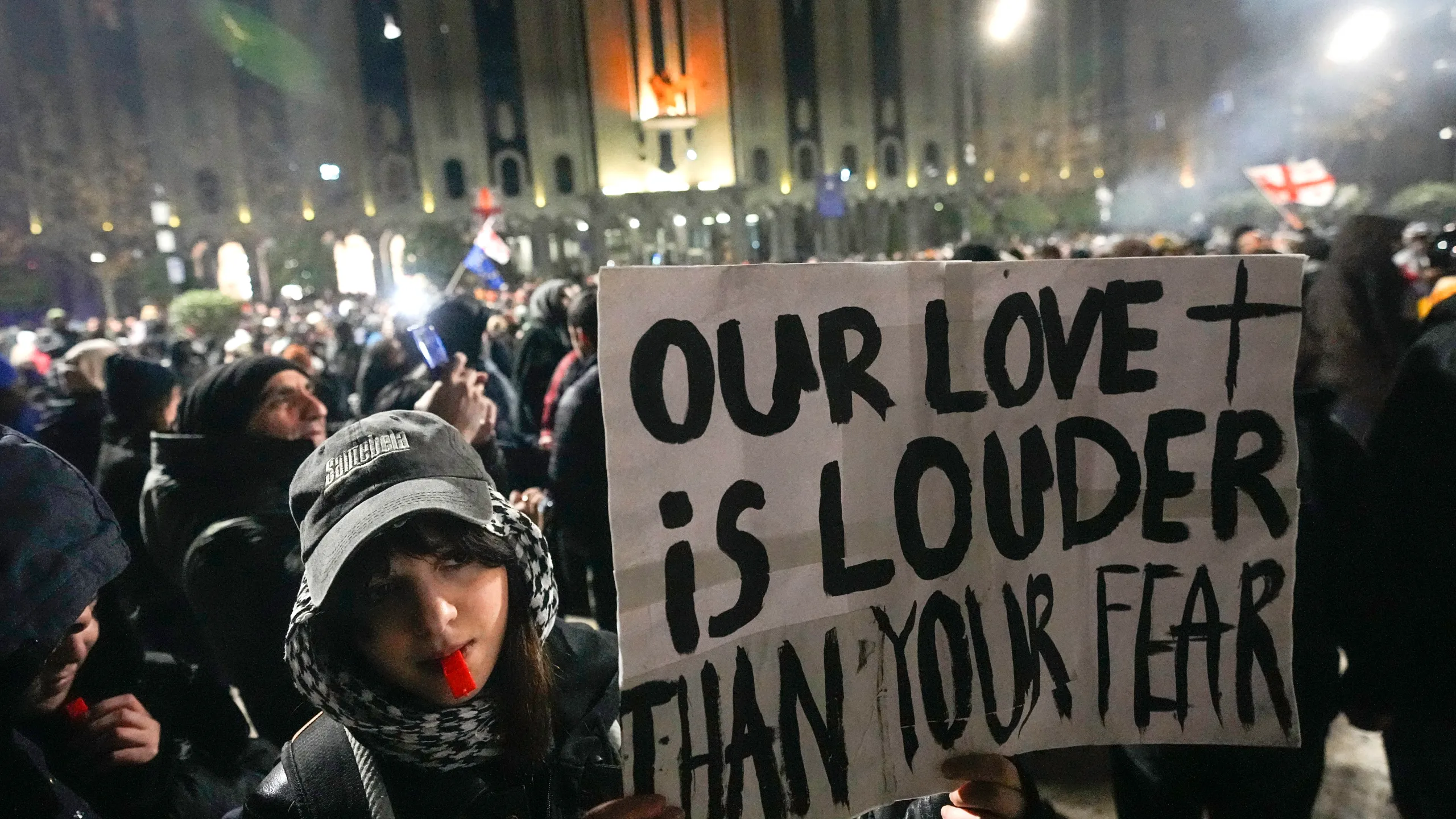
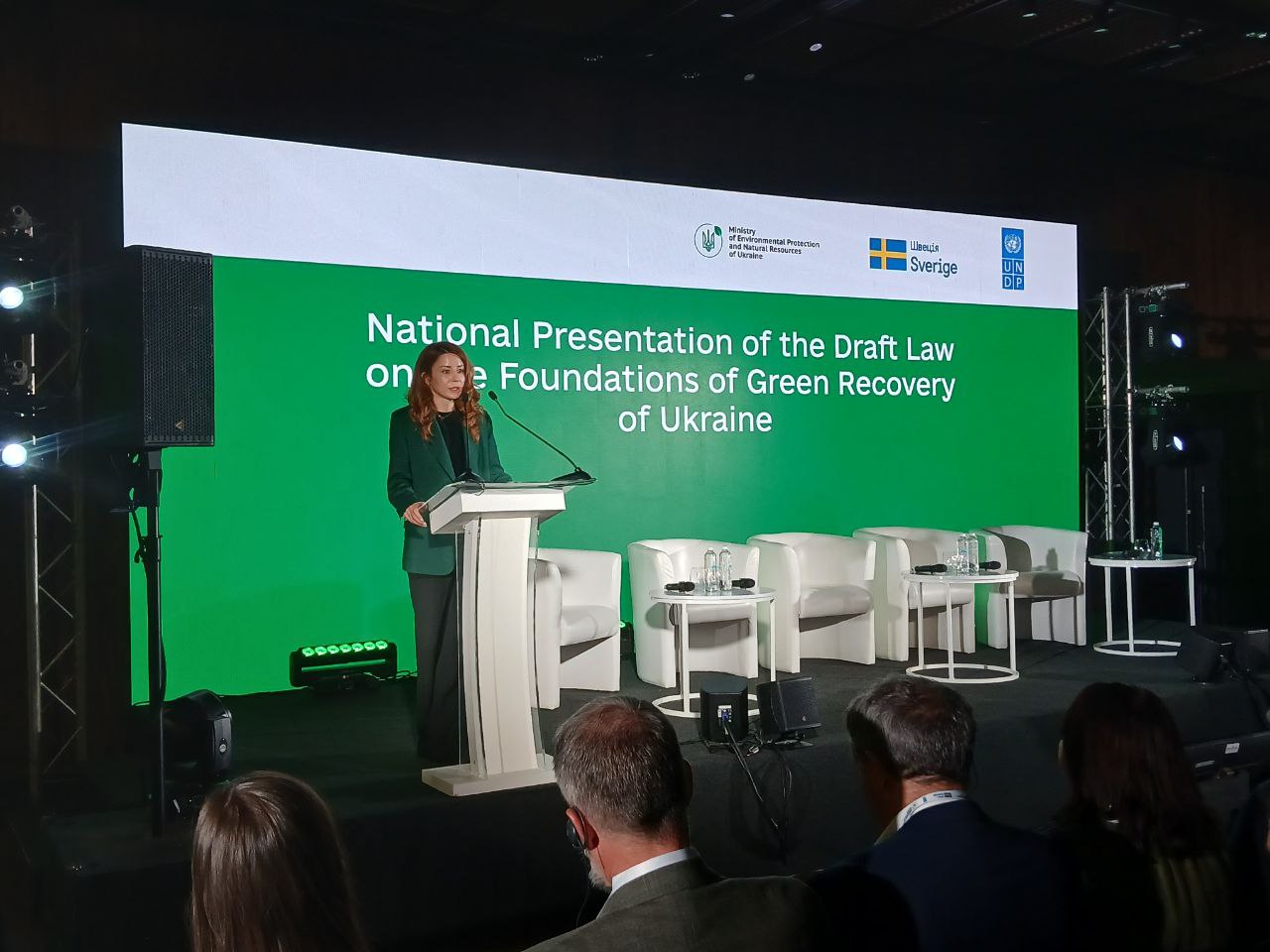

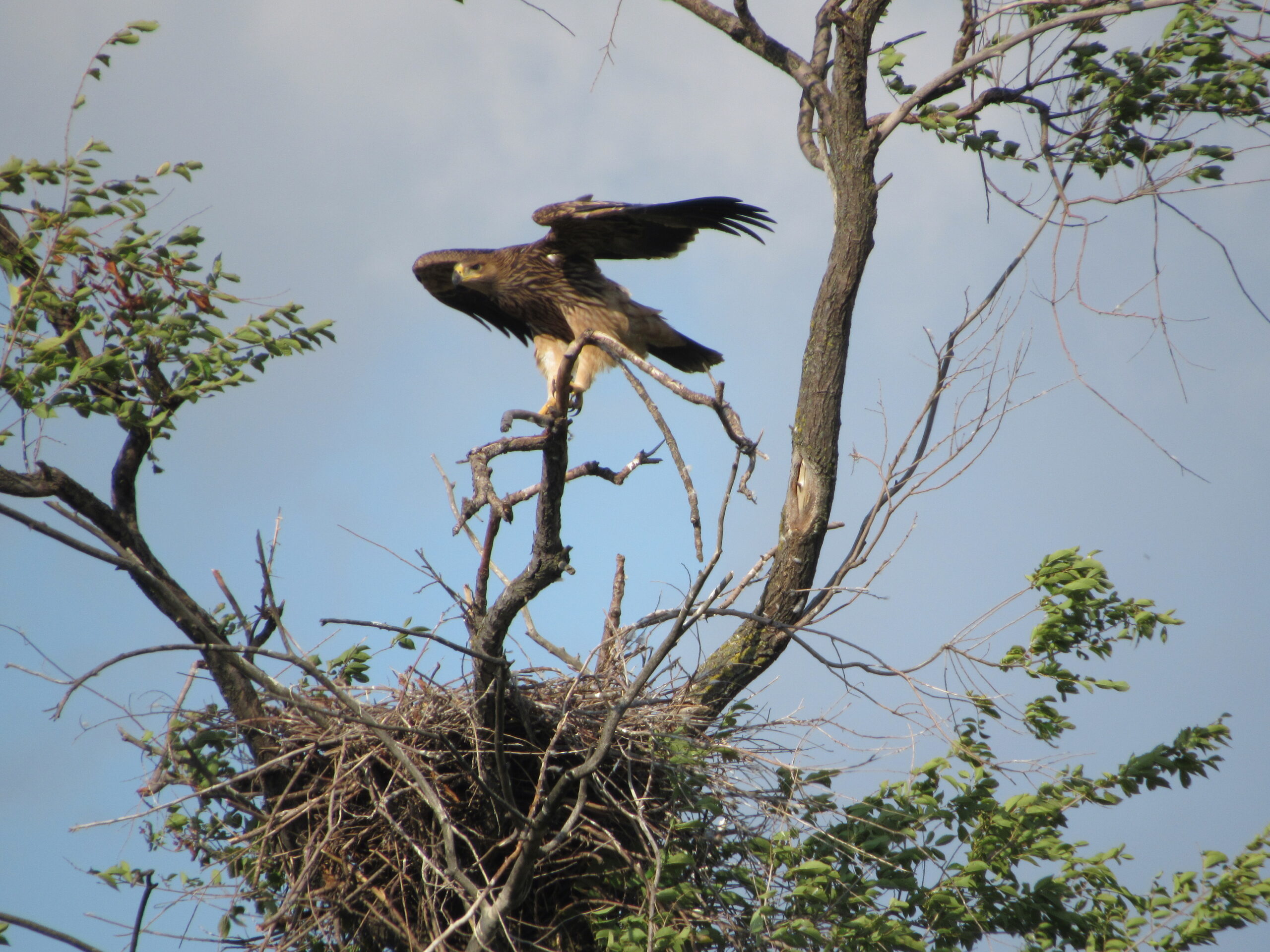
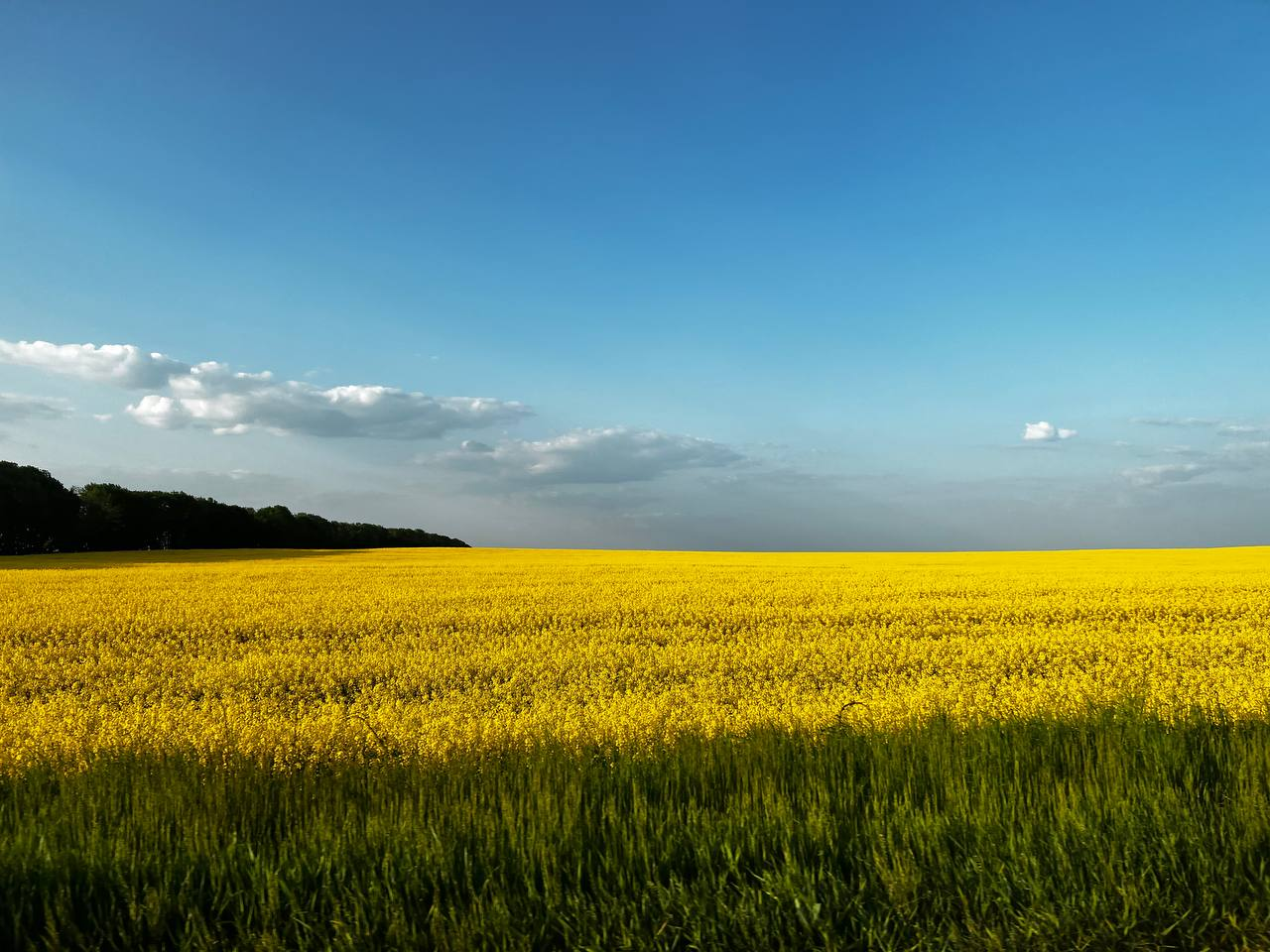
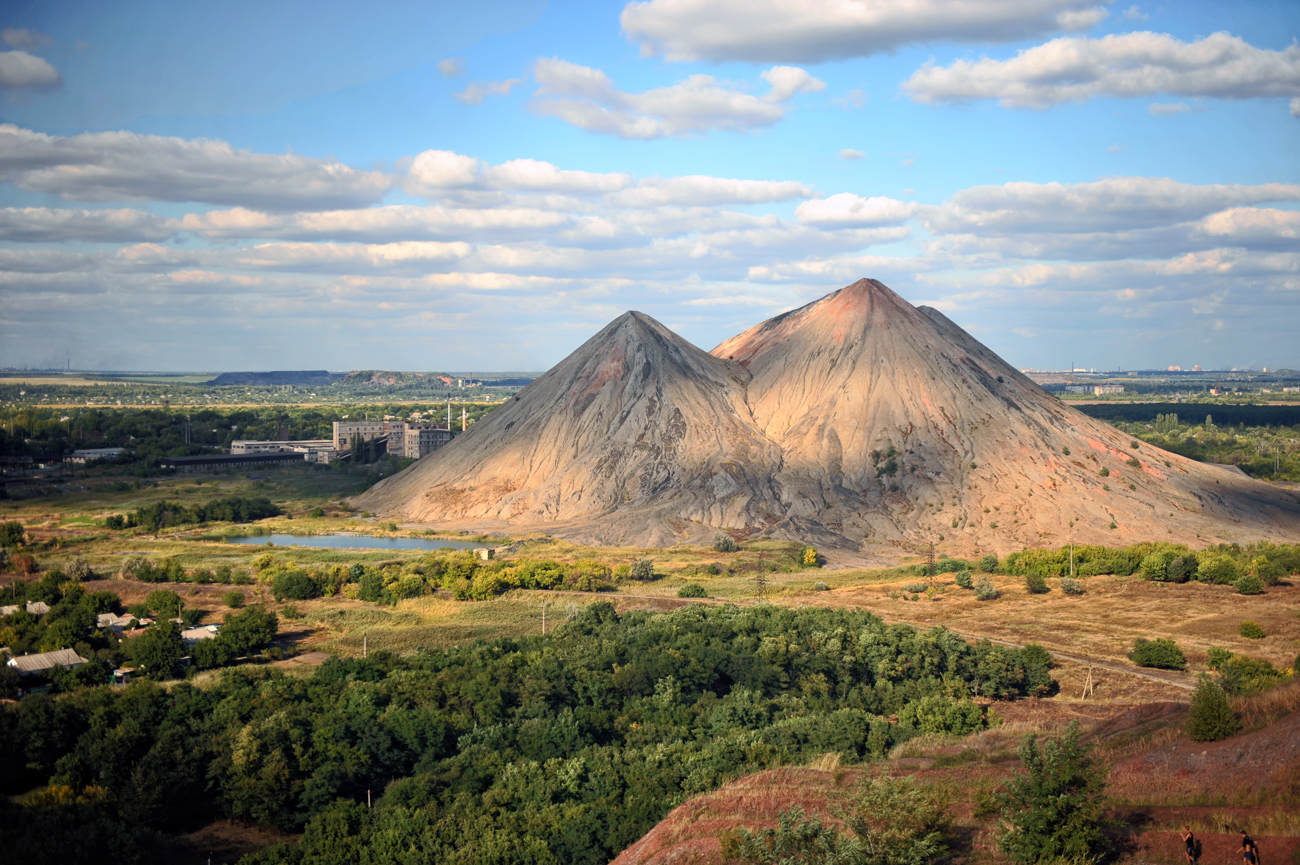
These are great commentaries, and fill one with hope for a greener future and recovery. I wish you all the best on this 365 day of full-scale invasion.
Thank you for your comment and kind words, Lara